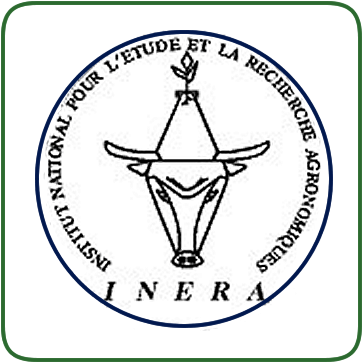In the DRC, agriculture is one of the main sectors of economic activity. It occupies nearly 70 percent of the population and constitutes the main source of income for more than 60 percent of rural people. Its share in national income has gradually declined since the restoration of peace in 2002, but the agricultural sector still provides 40.3% of GDP compared to around 13 to 20% for the mining sector. Agriculture provides employment for nearly three quarters of the active population. Of all national sources of growth, the agricultural sector has the greatest potential for poverty reduction because it is labor intensive.
Unfortunately, the social situation of the vast majority of the Congolese population has remained precarious due to persistent food insecurity, a significant nutritional deficit, difficult access to drinking water, sanitation, etc. Poverty affects nearly 70% of the population, especially rural, in a country which has great opportunities and enormous potential in the agricultural sector.
In addition to being a large agricultural country in terms of immense agricultural land that is little developed and climatic and ecological conditions very favorable to agricultural activities, the DRC has more than half of the forest in the Congo River basin, 2nd in importance after that from the Amazon; and constitutes a biodiversity safe. But, with the almost systematic and culturally rooted practice of swidden agriculture, savannahs are rapidly depleting the soil, gallery forests are gradually disappearing and the primary forest is being destroyed little by little.
In the Democratic Republic of Congo (DRC), the National Institute for Agronomic Study and Research (INERA) is the main agricultural research institution of the National Agricultural Research System with a broad mandate, a vast network of research centers and stations, and wide geographical coverage. It has legal personality and management autonomy; its financial supervision is ensured by the Ministry having the Portfolio in its remit and its technical supervision by the Ministry having Scientific and Technological Research in its remit.
The Institute is responsible for promoting the scientific development of agriculture through studies, research and agricultural experiments applied throughout the country, in the areas of plant, animal, fishery, forestry and environmental production as well as as post-harvest technologies. It therefore aims to produce knowledge and technologies, to promote and make available to users results that meet their needs and make it possible to take charge of the opportunities of family farms throughout the agricultural value chain.
However, in view of these immense challenges, the rapid changes in the national and international socio-economic context, and the evolution of the agricultural environment in the DRC in the context of agricultural sectors and value chains, agro-business, markets and innovation systems, INERA sees itself obliged to question itself and develop new scientific and technical capacities to meet the innovation needs of agricultural stakeholders in rural, urban and peri-urban
National Institute for Study and Agronomic Research (INERA)
Website in English
University of Lubumbashi
University of Kinshasa
Catholic University of Bukavu
Evangelical University in Africa

